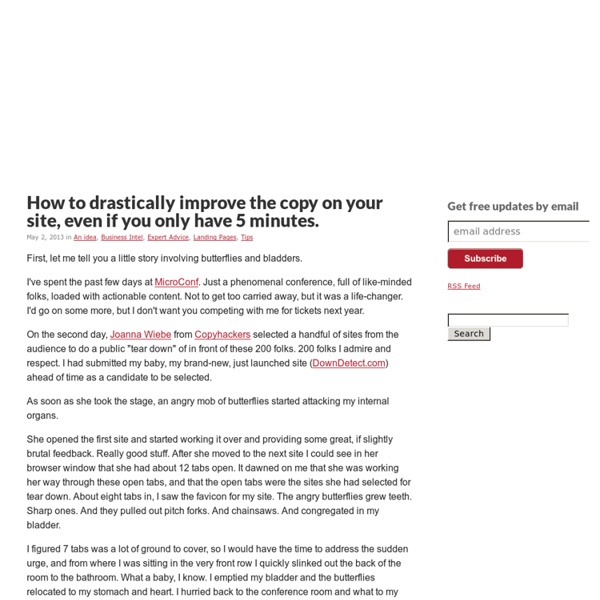



46 Ways To Start A Business With No Money Most people who want to start their own business don’t have a ton of money laying around and it’s probably one the most common questions I get emailed about: How can I get started without a lot of cash? Well I’ve put together a list below of the best ideas I’ve heard and personally used. I hope you find it useful! The three basic strategies to starting a business without much money are: Delay the normal “business starting” activities like incorporating, hiring, renting office or retail space, etc until AFTER your business has started earning money. This is known as bootstrapping.Doing everything yourself and spending your personal time instead of hiring an expert.
None Listing of Benefit Plan and Pension Plan Software Program Links Arbitration Services Links Human Resources Links Industrial Relations Sites Links Joint Labour Management Initiative Links Labour and Trade Union Studies Links Labour Law Links Labour Libraries Links Law and Legal Information Links Legal Services Links Research Centre Links Statistics Links US Department of Labor Links Can you suggest a link to add? 29 Ways to Collect Email Addresses for Your Business Looking for ways to grow your list of newsletter subscribers? There are a ton of ways to get people to sign up for your weekly or monthly email marketing campaigns. I’ve put together a list for you to read, so you have heaps of options for growing your list. Include a link to your newsletter sign up form in the main navigation bar of your website and/or blog. (Or better yet, include a sign up form in the main navigation bar).Create a “sign up” call to action on your Facebook business page.Create enticing visuals encouraging people to sign up for your list, and post them on social media channels (especially Facebook, Twitter, Instagram, and LinkedIn).Attend or exhibit at a trade show or networking event and bring a newsletter email sign up clipboard or book.
Creating the Best Workplace on Earth Suppose you want to design the best company on earth to work for. What would it be like? For three years we’ve been investigating this question by asking hundreds of executives in surveys and in seminars all over the world to describe their ideal organization. This mission arose from our research into the relationship between authenticity and effective leadership. Starting a Business: Advice from the Trenches If you’re like thousands of other designers, programmers and other creative professionals out there, at one point in time you’ve considered starting your own business. Unlike most, you’ve gone against common sense and decided to open shop for yourself. And not just freelance full-time, mind you, but file for the company name, get some stationery, and wade through the legal mumbo-jumbo. Maybe even get a real office with a water cooler. This article offers real-world advice from the trenches of a small start-up, and is applicable to designers, web developers, copywriters, usability experts and all manner of service providers. Freelancers take heed: there are several items that are just as pertinent to your profession.
17-lesser-known-ways-to-persuade-people Want to know how to persuade people online and get what you want? The power of influence is usually all that separates the successful from everyone else. These are some tactics, discovered through psychological research, that you have probably not yet heard about, but have the potential to increase your persuasive abilities. I’m not going to cover reciprocity, scarcity or social proof and all those widely known persuasion principles. You already know all about those (in case you don’t, stop everything and read this book by Cialdini).
10 Blogs Entrepreneurs Need to Be Reading See the 2012 edition: 10 Must Read Blogs for Entrepreneurs (2012 Edition) #1. The Toilet Paper Entrepreneur Does Money Really Affect Motivation? A Review of the Research How much should people earn? Even if resources were unlimited, it would be difficult to stipulate your ideal salary. Intuitively, one would think that higher pay should produce better results, but scientific evidence indicates that the link between compensation, motivation and performance is much more complex.